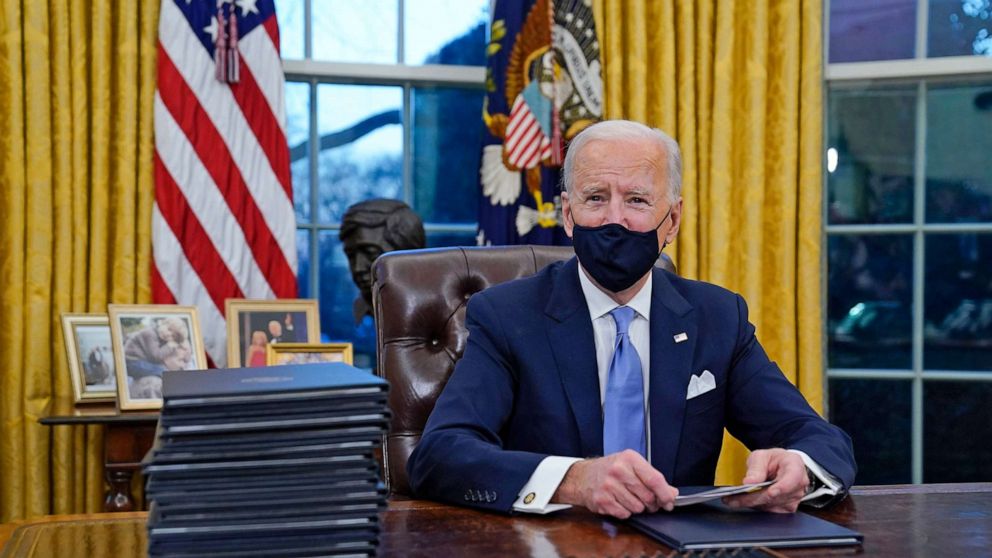According to Reuters, the Biden administration has revoked eight licenses this year that permitted some companies to transport items to Huawei as it pressures the resurgent corporation
In May, the Commerce Department, responsible for U.S. export policy, announced that it had revoked “certain” licenses, as first reported by Reuters.
However, the department provided no information regarding the names or numbers of suppliers affected. Reuters reported that Qualcomm and Intel’s licenses were revoked at the time.
The document, drafted in response to an inquiry by Republican Congressman Michael McCaul, stated that the Commerce Department has revoked eight additional licenses involving Huawei since the beginning of 2024.

Huawei has been granted license approvals for “exercise equipment and office furniture, as well as low-technology components for consumer mass-market items, such as touchpad and touchscreen sensors for tablets,” as stated by the Commerce Department in the document. These items are readily accessible in China from both domestic and foreign sources.
Intel declined to respond. A House Foreign Affairs Committee spokesperson, McCaul Helms, stated that the data was received on Tuesday and is currently being reviewed.
The specifics provide a fresh perspective on the strategies that the Biden administration is employing to impede Huawei, which has begun to recover despite Washington’s efforts to halt its operations on national security grounds. Huawei has denied that it poses a security threat.
It also occurs in the context of Republican China hardliners in Congress exerting pressure to criticize the company. Last August, the company shocked the industry with a new phone propelled by a sophisticated chip manufactured by Chinese chipmaker SMIC, despite U.S. export restrictions on both companies.
Counterpoint, a research firm, reported that the phone contributed to a 64% increase in Huawei smartphone sales year over year during the first six weeks of 2024. Huawei’s resurgence has also been facilitated by its innovative vehicle component business, which experienced its most rapid revenue growth in four years in 2023.
In 2019, Huawei was included on a U.S. trade restriction list due to concerns that it could be used to eavesdrop on Americans.
The company’s suppliers must obtain a unique, challenging-to-obtain license before delivery to be included in the list.
However, Huawei suppliers have been granted licenses worth billions of dollars to sell Huawei goods and technology due to a policy implemented by the Trump administration. This policy has enabled a much broader range of items to be supplied to the company than is typical for an entity-listed company.
The summary also indicates that the agency approved $335 billion in licenses from 2018 to 2023 out of $880 billion in applications seeking permission to sell to Chinese parties on the entity list. The agency also stated that Biden’s first year in office approved $222 billion of the $560 billion in applications received in 2021.



